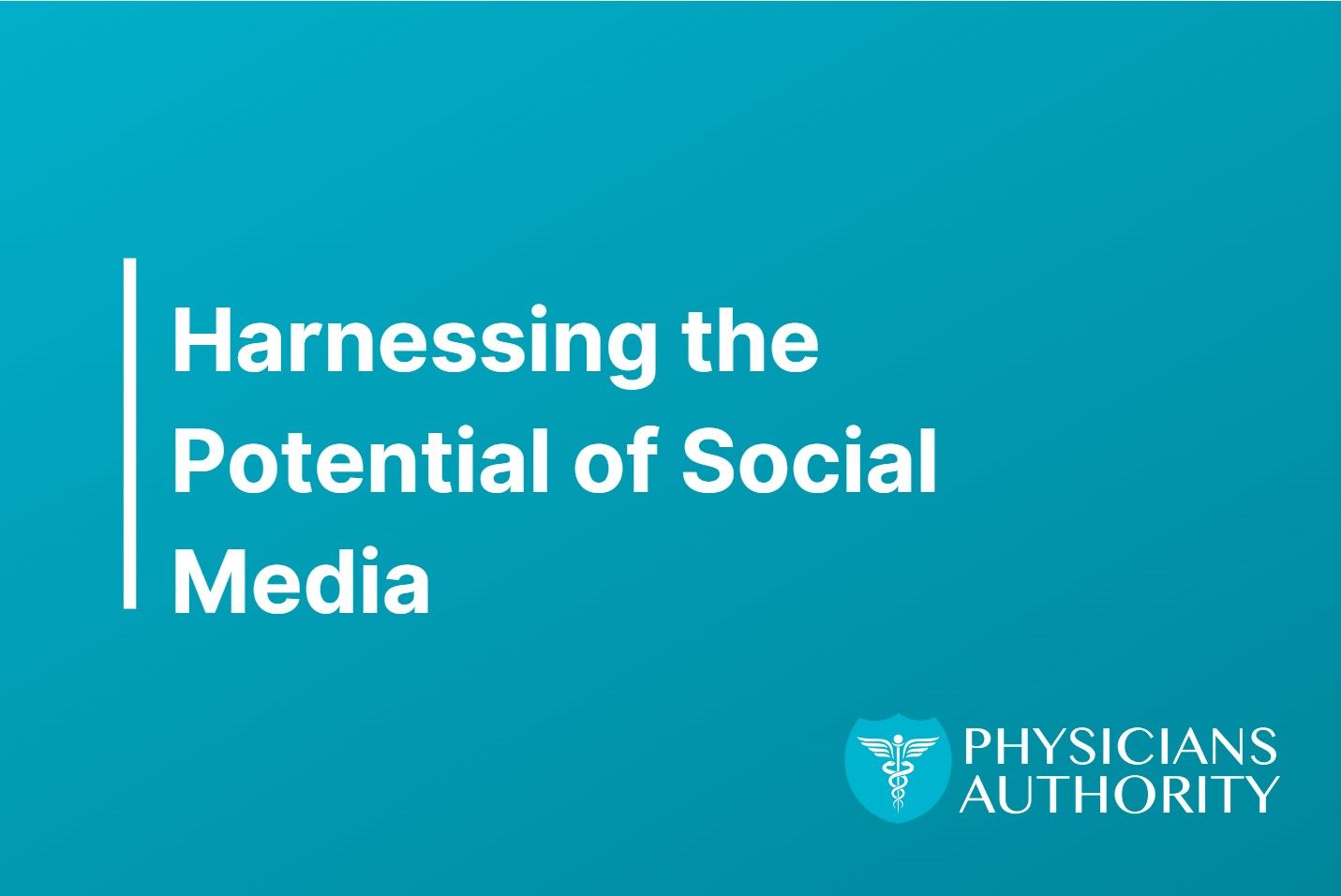
Harnessing the Potential of Social Media
Page Contents
How Doctors Can Build Trust and Expand Their Reach with Physicians Authority
Introduction
In today’s digital age, social media has become an integral part of our lives. From connecting with friends and family to sharing updates and opinions, social media platforms offer a powerful means of communication. However, its potential goes far beyond personal interactions. Professionals, such as doctors, can leverage social media to build trust, expand their reach, and establish their authority in the medical field. In this article, we will explore how doctors can harness the potential of social media and utilize Physicians Authority to enhance their practice and connect with a wider audience.
Social media platforms like Facebook, Twitter, Instagram, and LinkedIn have billions of active users worldwide. By utilizing these platforms strategically, doctors can create a positive impact and gain a competitive edge.

Here are some effective strategies for harnessing the potential of social media:
1. Establishing a Strong Online Presence
To start, doctors need to establish a strong online presence that reflects their expertise and professionalism. Creating a dedicated professional profile on platforms like LinkedIn allows doctors to showcase their qualifications, achievements, and areas of specialization. Including relevant keywords in the profile description and headline can improve visibility in search results, enabling potential patients and colleagues to find and connect with them easily.
2. Sharing Informative and Engaging Content
One of the key ways doctors can build trust and authority on social media is by consistently sharing informative and engaging content. This content can take various forms, including real office photos of doctors, staff and patients (when authorized); articles; blog posts; videos; infographics; and podcasts. By offering valuable insights, addressing common medical concerns, and debunking myths, doctors can position themselves as thought leaders in their respective fields.
3. Tailoring Content to the Target Audience
To effectively expand their reach, doctors must understand their target audience and tailor their content accordingly. By analyzing demographics, interests, and preferences, doctors can create content that resonates with their intended audience. For example, if a doctor specializes in pediatrics, they can create content addressing common childhood illnesses, parenting tips, and child development milestones to engage parents and caregivers.
4. Engaging in Meaningful Conversations
Social media platforms provide doctors with an opportunity to engage in meaningful conversations with patients, fellow professionals, and healthcare organizations. Responding promptly to queries, participating in relevant discussions, and offering professional insights can foster a sense of trust and establish the doctor’s authority in their field. Moreover, actively engaging with patients and addressing their concerns can help build strong patient-doctor relationships.
5. Collaborating with Influencers and Industry Experts
Collaborating with influencers and industry experts in the healthcare field can significantly enhance a doctor’s reach and credibility. By partnering with respected individuals or organizations, doctors can leverage their existing audience and tap into new networks. For instance, collaborating with a popular health and wellness blogger to create joint content can expose the doctor to a wider audience and strengthen their online authority. There is an investment in working with influencers that can be expensive, which is something to consider.
6. Utilizing Visual Content for Impact
In the fast-paced world of social media, visual content tends to capture attention more effectively than text alone. Doctors can leverage this by incorporating visually appealing elements into their social media posts. Infographics, real office images, and short videos can convey complex medical information in a digestible format, making it easier for the audience to understand and engage with the content. Additionally, visual content is more likely to be shared, further expanding the doctor’s reach. Potential patients want to meet the doctor through videos and pictures to see their personality and demeanor, which is an important aspect to people.
7. Building an Online Community
Creating a sense of community among patients and followers is an excellent way for doctors to foster trust and loyalty. Social media platforms offer features like groups and forums where doctors can create online communities centered around specific medical topics or conditions. By facilitating discussions, sharing relevant resources, and providing support, doctors can establish themselves as trusted leaders within these communities. This not only strengthens the doctor-patient relationship but also encourages patient retention and referrals.
8. Leveraging Patient Testimonials and Reviews
Social media platforms provide a space for patients to share their experiences and provide testimonials and reviews. Doctors can leverage these testimonials by showcasing them on their profiles or sharing them as social media posts. Positive patient feedback serves as social proof of the doctor’s expertise and can greatly influence potential patients’ decision-making process. Encouraging satisfied patients to leave reviews can significantly contribute to building trust and expanding the doctor’s reach.
9. Staying Updated with Current Trends
Social media is a dynamic landscape, with new features, algorithms, and trends constantly emerging. Doctors who aim to harness its potential must stay updated with these changes. Following reputable healthcare organizations, industry leaders, and social media influencers in the medical field can provide valuable insights and keep doctors informed about the latest best practices. Staying ahead of the curve allows doctors to adapt their strategies and ensure they remain effective in reaching their target audience.
10. Engaging with Professional Networks
In addition to connecting with patients, doctors can also leverage social media to expand their professional networks. Platforms like LinkedIn offer opportunities to engage with colleagues, join relevant groups, and participate in industry discussions. By actively engaging with other healthcare professionals, doctors can build relationships, share knowledge, and establish themselves as respected authorities within their professional circles.
11. Incorporating Patient Education
Educating patients is a crucial aspect of building trust and authority as a doctor. Social media platforms offer an ideal avenue to share educational content. Doctors can create posts, videos, or infographics that provide valuable information about various medical conditions, treatment options, and preventive measures. By empowering patients with knowledge, doctors can position themselves as trusted advisors, enabling patients to make informed decisions about their healthcare. Potential patients want to know doctors keep up on the latest medical technology and education, as well as their experience and results.
12. Embracing Interactive Elements
Engaging the audience through interactive elements can enhance the effectiveness of social media strategies. Doctors can conduct live Q&A sessions, host webinars, or create polls to encourage active participation from their followers. These interactive elements not only foster engagement but also allow doctors to address specific concerns and provide personalized responses, further strengthening their authority and building trust.
13. Collaborating with Patient Advocacy Groups
Patient advocacy groups play a crucial role in supporting individuals with specific medical conditions. Collaborating with these groups can be mutually beneficial for doctors and patients alike. By partnering with patient advocacy groups, doctors can gain access to a targeted audience who are actively seeking information and support. Participating in events, sharing resources, and offering expert insights can establish doctors as trusted allies within these communities.
14. Demonstrating Empathy and Compassion
Social media platforms provide doctors with an opportunity to showcase their empathy and compassion towards their patients. By sharing stories of patient experiences (with proper consent), doctors can humanize their practice and convey their genuine care for the well-being of their patients. Demonstrating empathy and compassion not only builds trust but also helps foster an emotional connection between the doctor and their online audience.
15. Monitoring and Responding to Online Reputation
Maintaining a positive online reputation is crucial for doctors utilizing social media platforms. It is essential to monitor online reviews, comments, and mentions to promptly address any concerns or negative feedback. By actively responding to patient feedback, doctors can demonstrate their commitment to patient satisfaction and quality care. A proactive approach to managing online reputation can help safeguard trust and ensure the doctor’s authority remains intact.
16. Measuring and Analyzing Social Media Metrics
To gauge the effectiveness of social media strategies, it is important for doctors to measure and analyze relevant metrics.
Some key metrics to consider include:
– Reach: The number of people who see the doctor’s social media posts.
– Engagement: The level of interaction (likes, comments, shares) generated by the content.
– Follower growth: Tracking the increase in the doctor’s social media followers over time.
– Click-through rate (CTR): Monitoring the percentage of users who click on links shared in posts.
– Conversion rate: Assessing the number of social media followers who become actual patients.
– Sentiment analysis: Evaluating the overall sentiment expressed in comments and reviews.
– Referral traffic: Analyzing the amount of WordPress website traffic generated through social media channels.
By regularly analyzing these metrics, doctors can gain insights into the effectiveness of their social media efforts. This data can help identify areas for improvement, refine content strategies, and measure the impact of social media on their practice’s growth and reputation.
17. FAQ: How can doctors effectively manage their time while utilizing social media?
Time management is crucial for doctors who want to maximize the benefits of social media without compromising patient care and other professional responsibilities.
Here are some strategies to effectively manage time:
– Set specific goals: Clearly define the objectives of utilizing social media and prioritize activities that align with those goals.
– Create a content calendar: Plan and schedule social media posts in advance to ensure consistent and timely content sharing.
– Delegate tasks: If possible, delegate social media management tasks to a trusted team member or a professional marketing agency.
– Utilize scheduling tools: Take advantage of social media scheduling tools that allow posts to be scheduled in advance, saving time and effort.
– Allocate dedicated time: Set aside specific blocks of time each week to engage with social media, respond to comments, and interact with the audience.
– Automate where possible: Explore automation tools that can streamline certain social media tasks, such as post sharing or content curation.
By implementing these strategies, doctors can effectively balance their social media presence with their primary responsibilities, ensuring optimal time management.
18. FAQ: What are some potential risks and challenges associated with social media for doctors?
While social media offers numerous benefits, it’s important for doctors to be aware of potential risks and challenges.
Here are a few to consider:
– Maintaining patient privacy: Doctors must adhere to strict patient confidentiality and privacy guidelines when discussing medical cases or sharing patient stories on social media.
– Handling negative feedback: Doctors may encounter negative comments or reviews on social media. It’s crucial to respond professionally and constructively, addressing concerns and seeking resolutions.
– Managing professional boundaries: Doctors need to establish clear boundaries between their personal and professional social media accounts to maintain professionalism and avoid potential conflicts of interest.
– Navigating legal and ethical considerations: Doctors should be mindful of legal and ethical guidelines surrounding advertising, patient testimonials, and endorsements on social media platforms.
– Staying updated with platform policies: Social media platforms frequently update their policies and guidelines. Doctors must stay informed to ensure compliance and avoid any penalties or account restrictions.
By being proactive and informed about these risks and challenges, doctors can navigate social media successfully while upholding professional standards and ensuring patient trust.
19. FAQ: Can social media help doctors connect with fellow professionals and enhance collaborative opportunities?
Absolutely! Social media offers a unique opportunity for doctors to connect and collaborate with colleagues in the medical field. By joining professional groups, participating in healthcare-related discussions, and sharing valuable insights, doctors can establish themselves as active contributors to their professional community. Social media platforms also facilitate networking with experts in specific medical specialties, enabling knowledge-sharing, research collaborations, and even potential mentorship opportunities. Building professional relationships through social media can lead to exciting collaborations, conference invitations, and expanded referral networks, ultimately enhancing the doctor’s authority and reach.
20. FAQ: How can doctors use social media to educate patients about healthcare topics and promote preventive care?
Social media platforms provide doctors with an ideal platform to educate patients about healthcare topics and promote preventive care.
Here are some strategies to effectively utilize social media for patient education:
– Share informative content: Regularly post educational content that addresses common healthcare topics, preventive measures, and the importance of early detection. Utilize a variety of formats such as articles, videos, infographics, and podcasts to cater to different learning preferences.
– Break down complex information: Use social media as a tool to simplify complex medical concepts and terminology. Break down information into digestible and relatable content that patients can easily understand. This approach promotes health literacy and empowers patients to take control of their own well-being.
– Provide practical tips: Offer practical tips and actionable advice that patients can incorporate into their daily lives. This can include healthy habits, stress management techniques, exercise routines, or dietary recommendations. By providing tangible steps, doctors can encourage patients to prioritize their health.
– Address common misconceptions: Use social media to address and debunk common misconceptions or myths about healthcare. Sharing accurate information helps patients make informed decisions and avoid potentially harmful practices or beliefs.
– Encourage regular check-ups and screenings: Emphasize the importance of preventive care and regular check-ups. Promote screenings, vaccinations, and health assessments by providing information about their benefits, procedures, and potential risks. Encouraging patients to prioritize preventive care can lead to early detection of health issues and improved overall well-being.
– Engage in interactive discussions: Social media platforms provide opportunities for doctors to engage in interactive discussions with patients. Encourage patients to ask questions, share concerns, and seek clarifications. Respond promptly and provide accurate information, fostering a sense of trust and demonstrating the doctor’s commitment to patient education.
By utilizing these strategies, doctors can leverage the power of social media to educate patients, promote preventive care, and empower individuals to make informed choices about their health.
21. Top Take Away Points to Consider
Harnessing the potential of social media is a valuable strategy for doctors to build trust, expand their reach, and establish their authority in the medical field. By creating a strong online presence, sharing informative and engaging content, tailoring content to their target audience, and engaging in meaningful conversations, doctors can connect with a wider audience and enhance their practice. Collaborating with influencers and industry experts, utilizing visual content, and building online communities further strengthen their impact. It is essential for doctors to stay updated with current trends, measure social media metrics, and manage their time effectively. By leveraging social media strategically, doctors can not only educate patients and promote preventive care but also foster trust, build professional networks, and enhance their reputation in the healthcare community. Embracing the potential of social media allows doctors to thrive in the digital age and positively impact the lives of their patients.
Additional Frequently Asked Questions (FAQs)
FAQ 1: How can doctors effectively manage their time while utilizing social media?
Managing time efficiently while utilizing social media is crucial for doctors.
– Set specific goals and prioritize activities aligned with those goals.
– Create a content calendar and schedule social media posts in advance.
– Delegate social media management tasks to a trusted team member or professional agency.
– Utilize scheduling tools to save time and effort.
– Allocate dedicated time each week to engage with social media and interact with the audience.
– Automate certain social media tasks using automation tools.
FAQ 2: What are some potential risks and challenges associated with social media for doctors?
While social media offers numerous benefits, it’s important to be aware of potential risks and challenges.
– Maintaining patient privacy and confidentiality when discussing medical cases or sharing patient stories.
– Handling negative feedback or comments professionally and constructively.
– Managing professional boundaries between personal and professional social media accounts.
– Navigating legal and ethical considerations related to advertising and endorsements.
– Staying updated with platform policies and guidelines.
FAQ 3: Can social media help doctors connect with fellow professionals and enhance collaborative opportunities?
Absolutely! Social media offers a unique opportunity for doctors to connect and collaborate with colleagues in the medical field. By joining professional groups, participating in healthcare-related discussions, and sharing valuable insights, doctors can establish themselves as active contributors to their professional community. Social media platforms facilitate networking with experts in specific medical specialties, enabling knowledge-sharing, research collaborations, and potential mentorship opportunities.
FAQ 4: How can doctors use social media to educate patients about healthcare topics and promote preventive care?
Doctors can utilize social media to educate patients by:
– Sharing informative content through articles, videos, and infographics that address common healthcare topics, preventive measures, and the importance of early detection.
– Breaking down complex medical concepts into easily understandable content.
– Providing practical tips and actionable advice that patients can incorporate into their daily lives.
– Addressing common misconceptions or myths about healthcare to provide accurate information.
– Encouraging regular check-ups, screenings, and vaccinations by sharing information about their benefits and procedures.
– Engaging in interactive discussions with patients, responding to their questions, and providing accurate information.
FAQ 5: How can doctors measure the effectiveness of their social media efforts?
Doctors can measure the effectiveness of their social media efforts by considering key metrics such as:
– Reach: The number of people who see their social media posts.
– Engagement: The level of interaction (likes, comments, shares) generated by the content.
– Follower growth: Tracking the increase in social media followers over time.
– Click-through rate (CTR): Monitoring the percentage of users who click on shared links.
– Conversion rate: Assessing the number of social media followers who become patients.
– Sentiment analysis: Evaluating the overall sentiment expressed in comments and reviews.
– Referral traffic: Analyzing the amount of website traffic generated through social media channels.
By regularly analyzing these metrics, doctors can gain insights into the effectiveness of their social media strategies and make informed decisions to optimize their reach and engagement. How do you get started with social media–find out more.
Top Strategies to Consider
Harnessing the potential of social media allows doctors to build trust, expand their reach, and establish their authority in the medical field. By establishing a strong online presence, sharing informative content, engaging in meaningful conversations, and collaborating with influencers, doctors can connect with a wider audience and enhance their practice. Social media platforms provide opportunities for patient education, promotion of preventive care, and networking with fellow professionals. By staying updated with current trends, monitoring online reputation, and measuring social media metrics, doctors can effectively utilize social media to positively impact patient care and strengthen their position in the healthcare community. Embracing the potential of social media enables doctors to thrive in the digital age and make a lasting impact on the lives of their patients.
Physicians Authority understands this list is just one of many facets you need to implement and build your practice to bring in quality patients. That is why we have been helping doctors for years to bring in the exact type of patients you want. Fill out the appointment form on our website and we can discuss your needs. Whether you are a dentist, plastic surgeon, dermatologist, medical spa, ophthalmologist or any type of doctor who owns a private practice, we can help you.
Start Your Medical Marketing Today!
Other Blogs You May Be Interested In
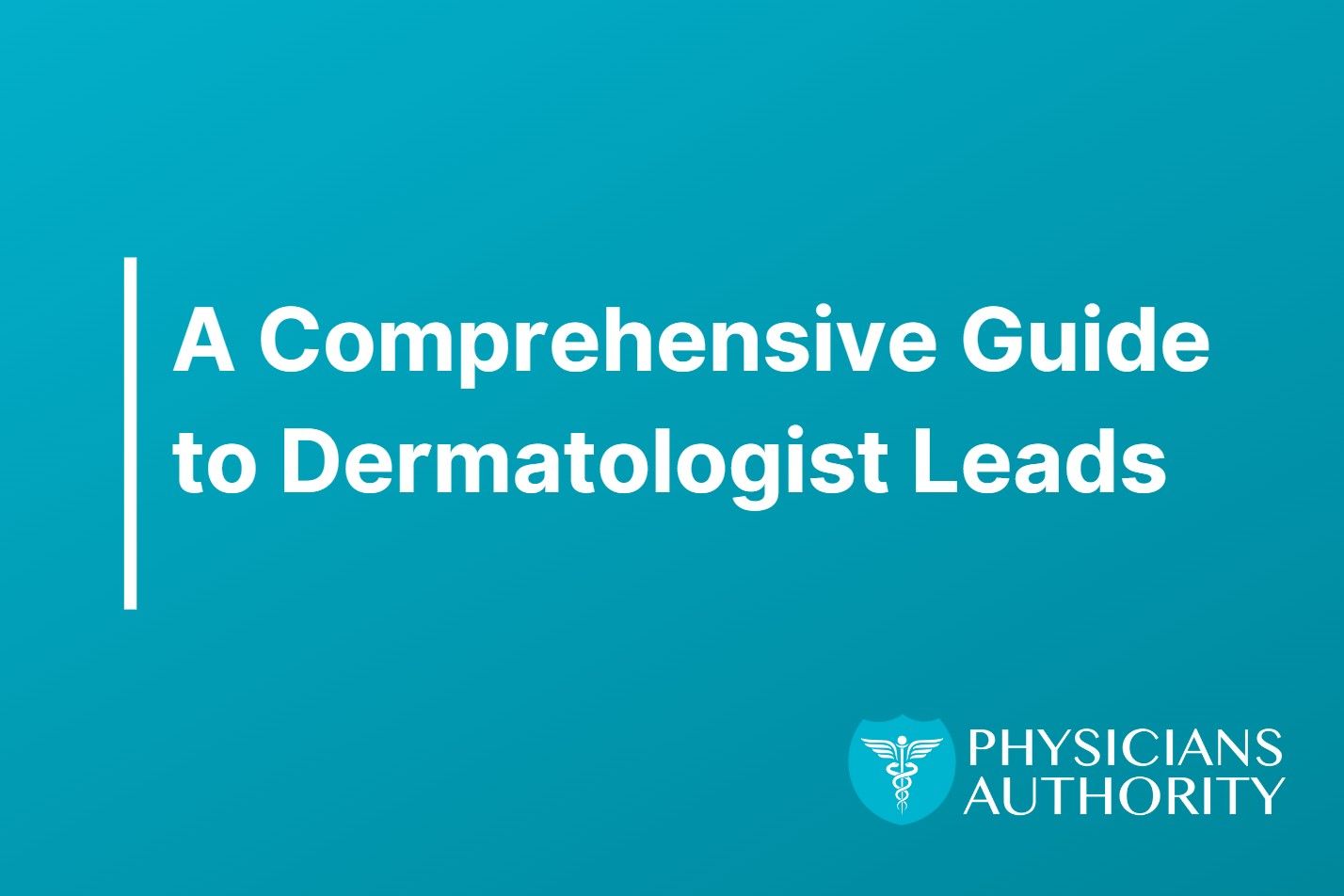

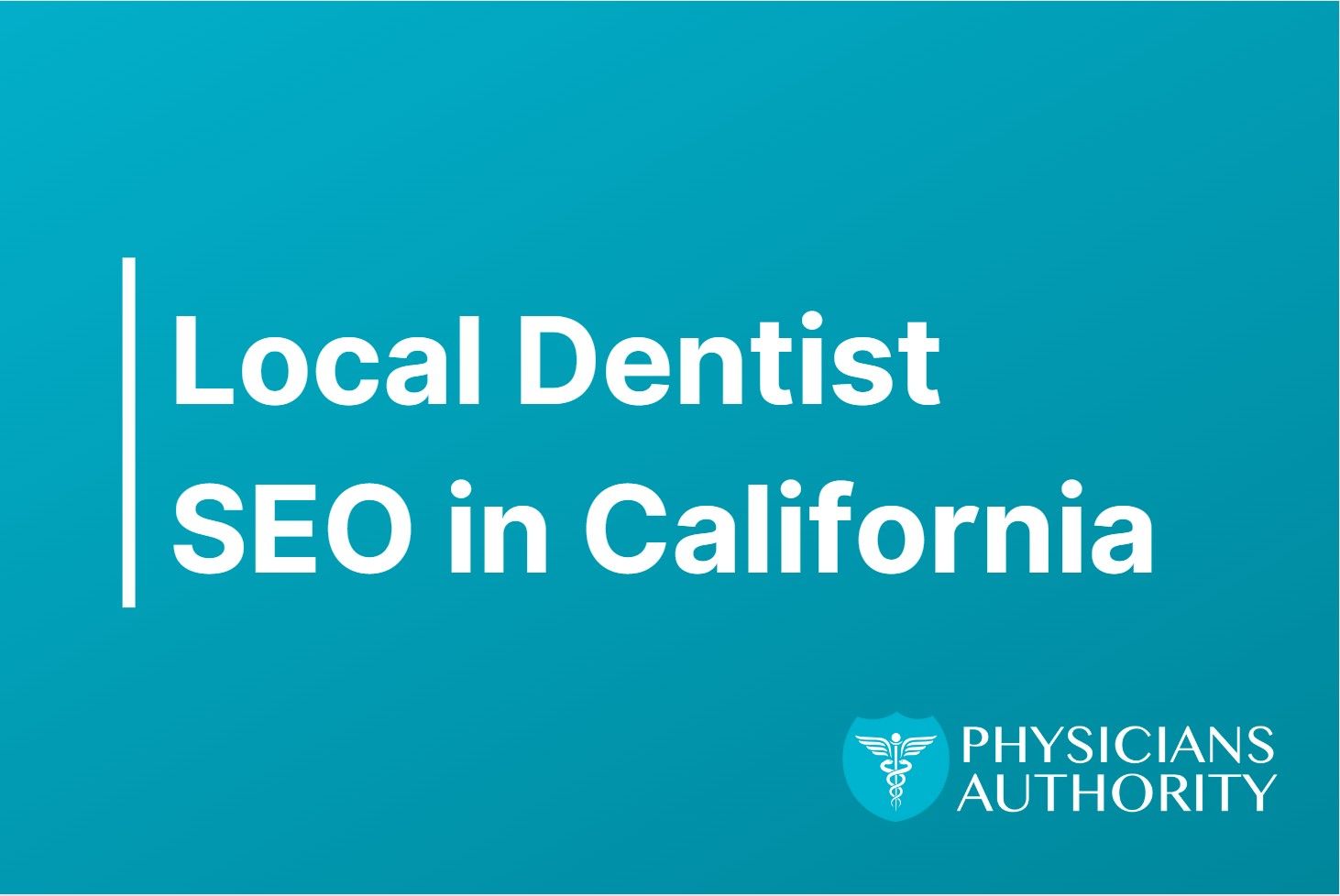

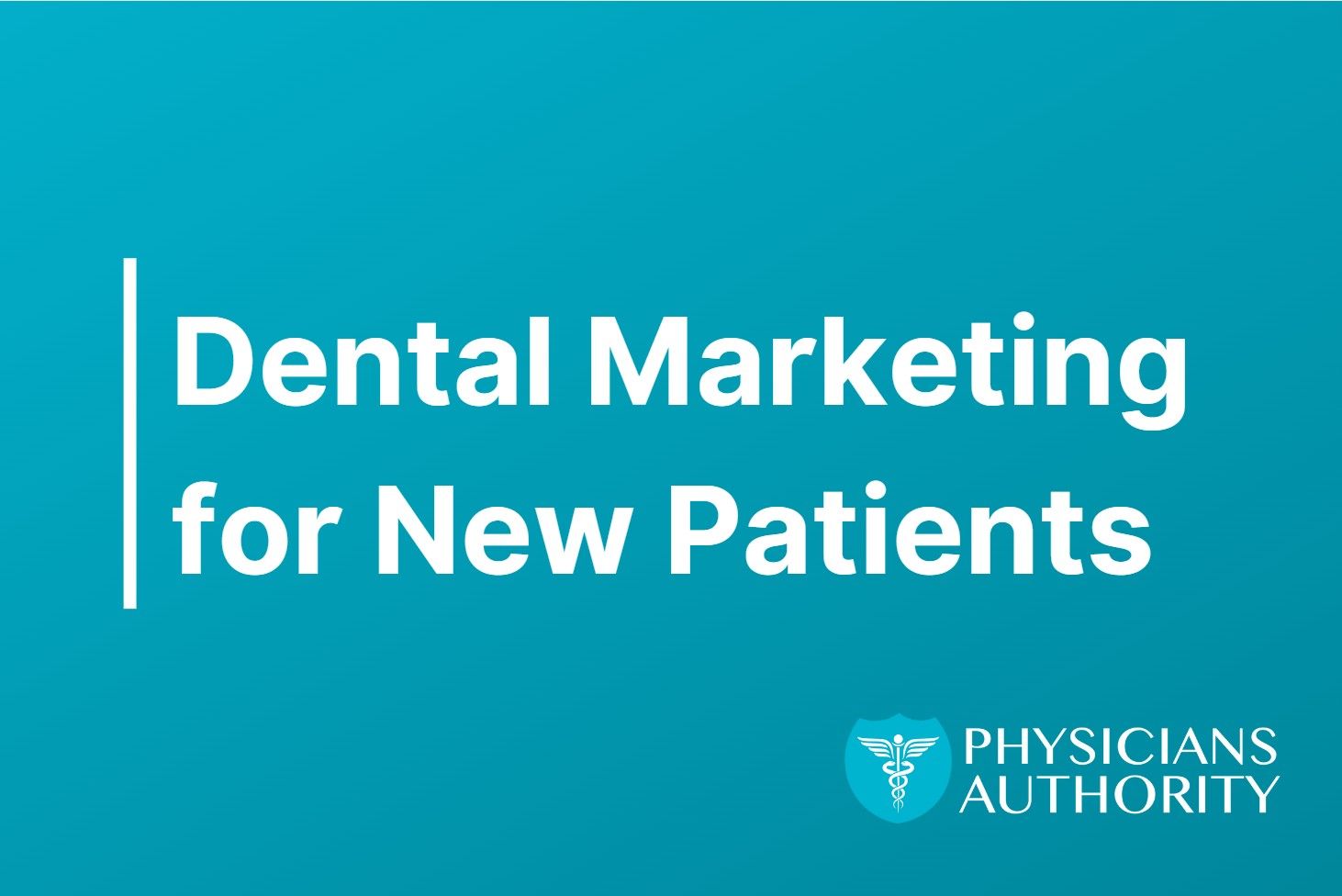
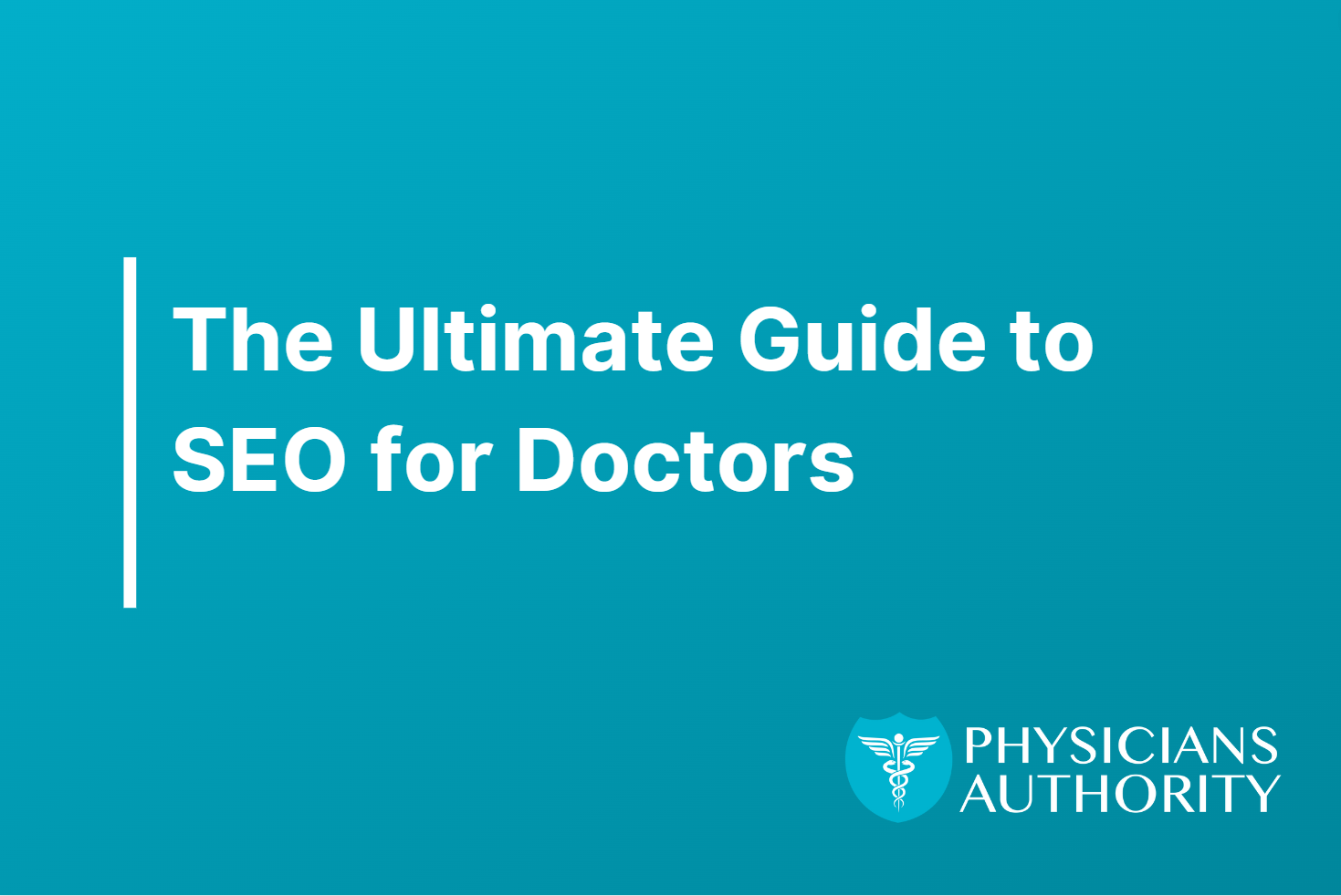

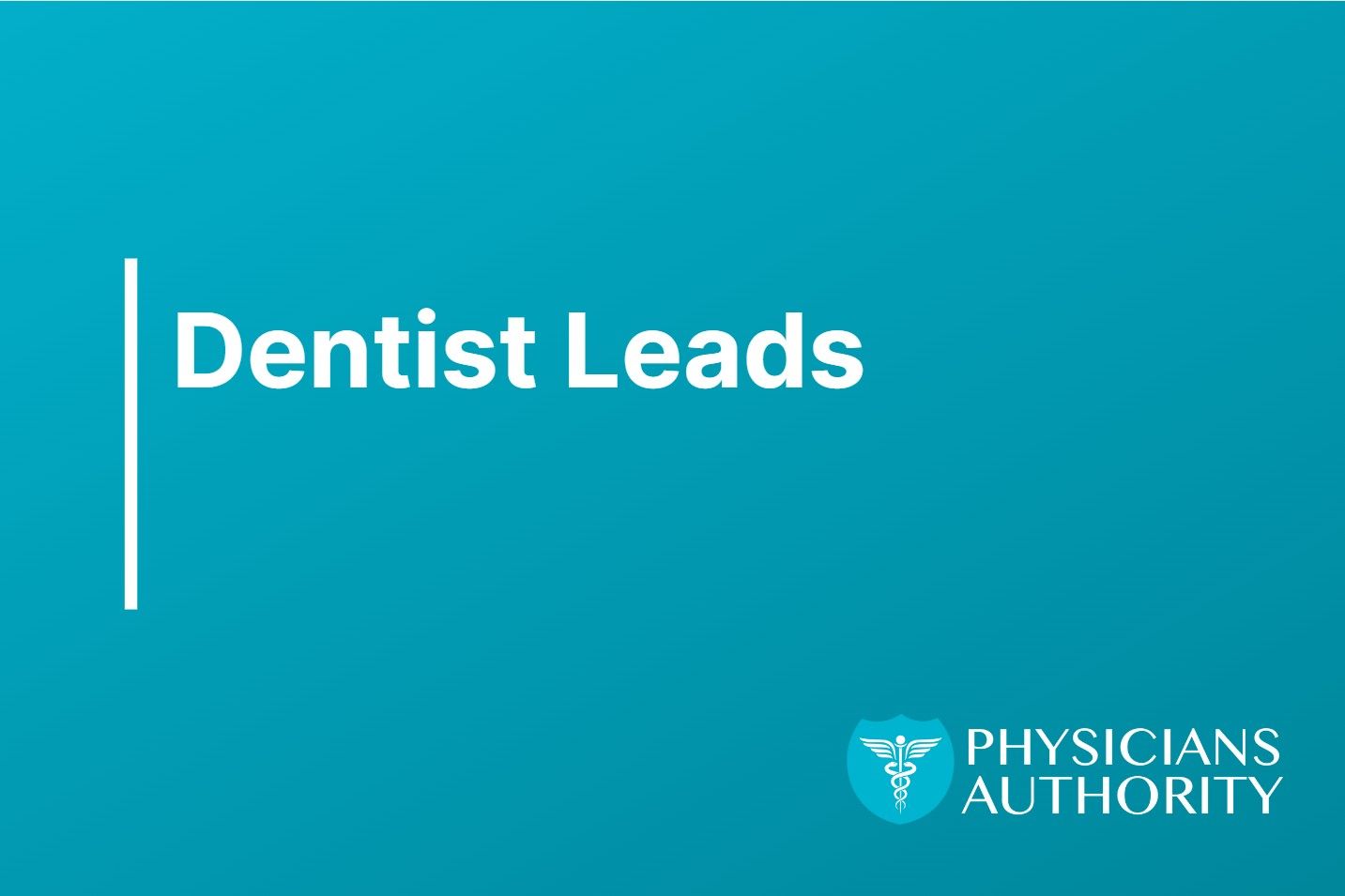

Leave a Reply